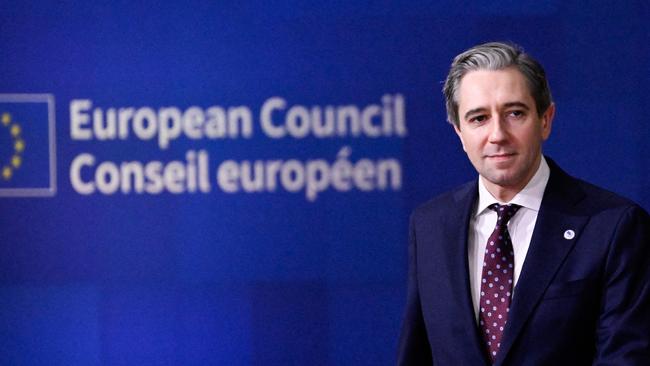
This is a tragedy of Dublin’s making. It has allied with South Africa in prosecuting Israel for its imperfect but defensive war against Hamas.
Australia has flirted with joining their International Court of Justice action. We mustn’t. This is Israelophobia by judiciary.
The fusion of rich, hyperliberal Ireland with an immiserated, one-party South Africa looks an odd one. But there is an underlying logic to it. Both like to see themselves as the underdog, as the survivor of British imperialism, as a beacon of international morality. There is a shared moral self-congratulation that sustains their case against Israel.
Both Dublin and Cape Town lack political diversity. There is no countervailing pressure to empathise with the world’s only Jewish state. Neither country has a significant Israel lobby. Neither has developed a viable conservative politics. South Africans get to choose between the soft-left and Marxist wings of the African National Congress. Corruption and power cuts are endemic to its rule.
A tired form of liberation politics explains South Africa’s anti-Israel position. But what about Ireland’s? Why would a state that prides itself on its diplomatic sophistication, whose own resistance to British rule in the 1910s was admired and copied by Israel in the 1940s, that was the childhood home of Chaim Herzog, Israel’s sixth president, indulge such student politics?
Something is rotten in the state of Ireland and heaven will avowedly not direct it.
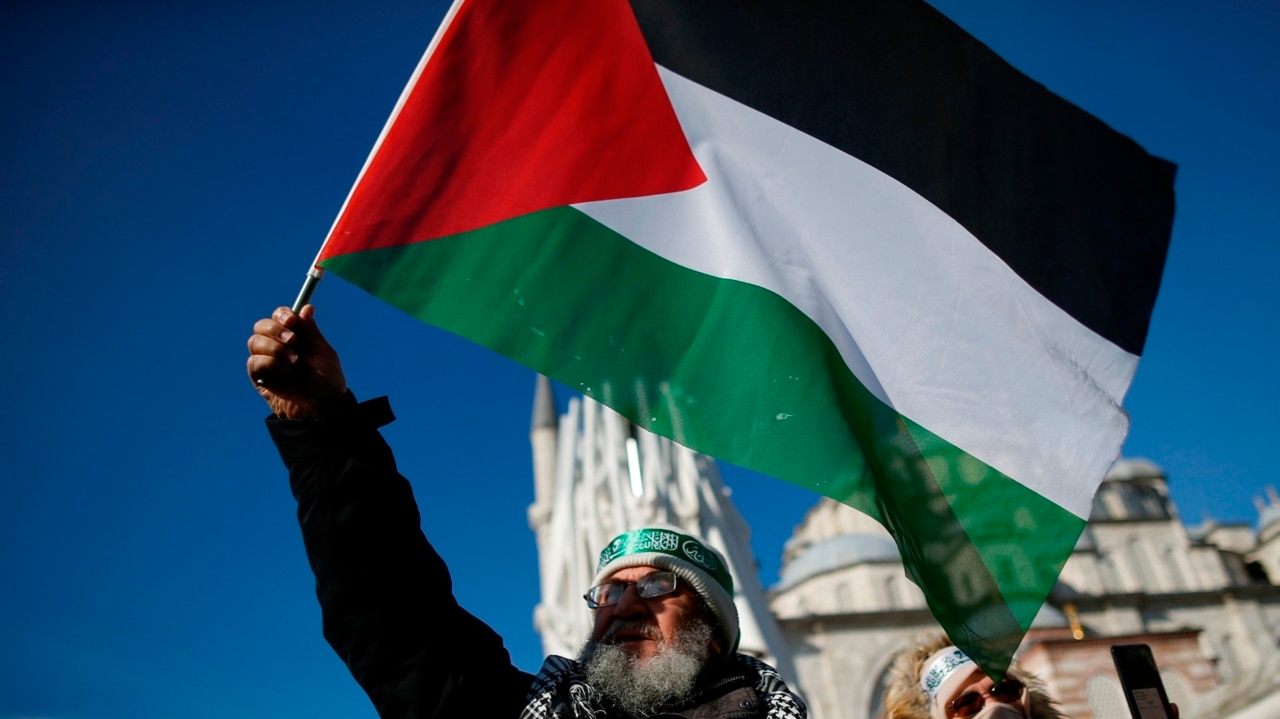
Secular progressivism, as it goes through its second generation of anti-Catholicism, has become the prevailing orthodoxy. Israel has fallen foul of it. The deeply entwined roots of Irish and Jewish nationalism have been ripped out by a new political class embarrassed by them.
Old Catholic piety and exceptionalism have mutated seamlessly from “we are the purest and most devout country in Europe, untainted by dirty books” to “we are purest in our care for the Palestinians, disapproval of Israel, and fostering of progressive secularism”. There have been intimations of its creeping intolerance across the past quarter century.
I lived there at its modern beginning. My first book was about the American role in the Irish peace process. Then the Celtic Tiger was beginning to roar. As Ireland’s wealth grew and its priests fell into disfavour, a new religion of luxury beliefs suffused its politics. Rosaries gave way to rainbows, the righteous zeal of the latter replacing the quiet contemplation of the former.
Opening Irish borders to immigrants was seen as a fulfilment of its new morality. Opposition to it was muted. No serious party took up a sceptical position.
In Australia, control of our borders is central to our politics. We have at least one coalition (the Liberals and Nationals) willing to question multicultural assumptions about unchecked immigration. But Ireland?
Imagine an Australian parliament whose views of Israel were determined by Greens leader Adam Bandt and former Labor senator turned independent Fatima Payman. It would not be far away from the contemporary Dail Eireann. It has passed a non-binding motion asserting that “genocide is being perpetrated before our eyes by Israel in Gaza”.
Israel has shut its Dublin embassy; Ireland is the first democracy to suffer this reprisal.
Why is a nation that was neutral in a war against Nazi Germany not treading more lightly on the graves of Israelis murdered by Hamas? How is this progressive diplomacy?
Imagine a permanent Labor coalition in control of Australia, with no viable ideological alternative, and you are not a million miles away from the Irish government led by Prime Minister Simon Harris. There, parties of the left and centre-left compete to turn their virtue signalling into a foreign policy. Ireland has no Queensland right. No one speaks for the Jews.
Unlike the US, Britain and Australia, Ireland has a tiny Jewish population, not one strong enough to put their case. Who would want to be one of them?
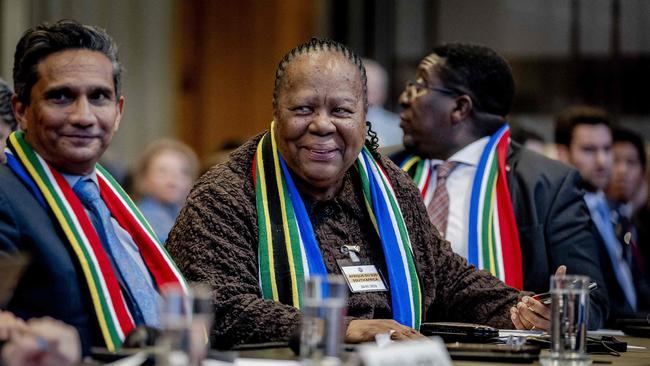
Australia has a larger population (27 million versus 5.2 million) and electable conservative parties. Ireland is almost the same size as New Zealand. But even Te Kawanatanga o Aotearoa at its most woke under Jacinda Ardern had to contend with a sceptical opposition – now in office.
Dublin politics lacks this diversity. The nation that gave us Edmund Burke has no conservative movement. Fine Gael is sometimes described as centre-right. In Irish terms, possibly.
But this is not the party Peter Dutton would join. It describes itself as a party of the progressive centre. And, like so many parties of this type, in Europe and Australia, it is now an active prosecutor of Israel for “genocide”. Micheal Martin, leader of Fianna Fail, the largest party and likely to re-enter a governing coalition with Harris’s Fine Gael, is Deputy Prime Minister and Foreign Minister – Ireland’s Penny Wong. He joined the ANC action against the Middle East’s only liberal democracy. Dublin-based voices of opposition are non-existent.
Ireland’s Israelophobia may play well in sections of America’s left. But Joe Biden’s Hibernophilia could be sorely missed when Donald Trump takes over.
About 60 per cent of Ireland’s corporate tax receipts come from just 10 American firms. Giants such as Apple, Google and Pfizer take advantage of Ireland’s low corporate tax rate. The state is awash in tax revenue – it can afford its luxury beliefs and fund high levels of immigration.
But could it afford a reassessment by the incoming Trump administration? Is being anti-Israel in the age of Trump good for the Irish economy? What if Trump cuts US corporate tax and incentivises Irish-based companies to come home? What if the 47th president uses foreign economic policy to, de facto, punish Ireland in the same way Ireland seeks to use international law to, de jure, punish Israel?
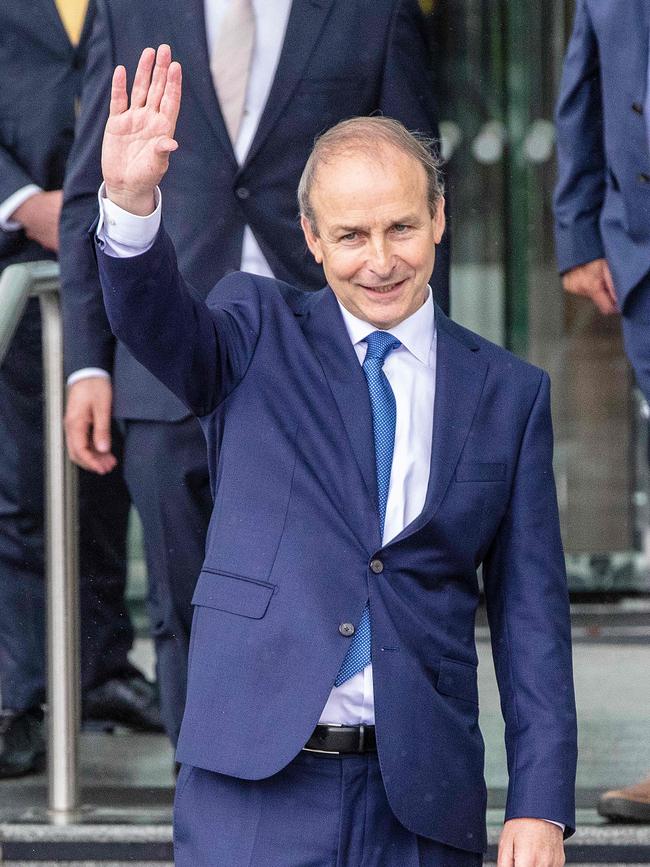
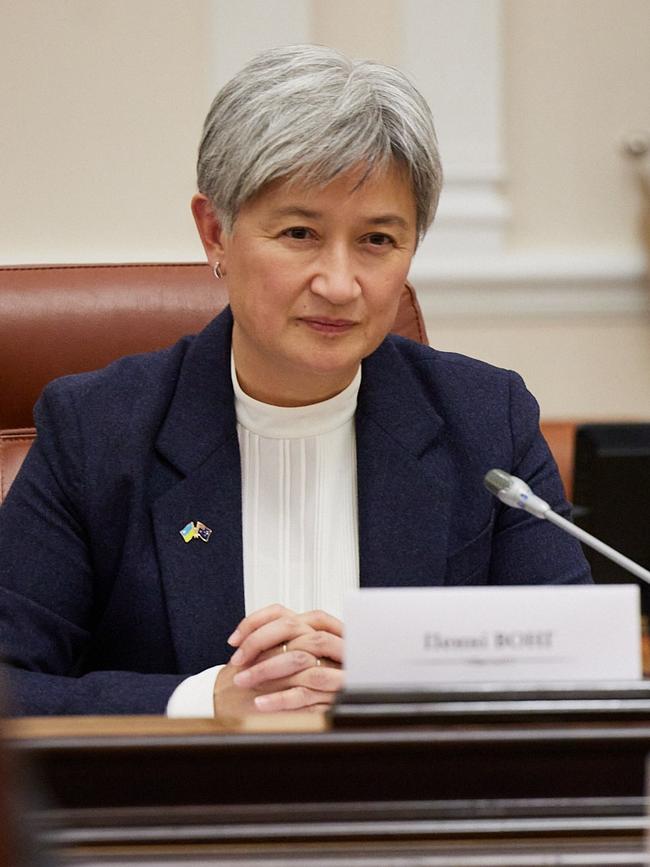
Ireland’s government has overreached. This is becoming habitual. It keeps wrongly assuming the popularity of its new moral fervour. Attempts to entrench identity politics in the Irish constitution have failed by wide margins. Like the Australian Labor Party after the Indigenous voice referendum, Ireland’s progressive politicians are dismayed that the electorate can keep getting these big questions wrong.
It would be satisfying to claim the targeting of Israel is another example of a disconnect between Ireland’s leaders and the led. The Irish people, surely, don’t have anti-Semitism in their hearts? It is depressing to admit this may be the case.
The quip by Garrett Deasy, the anti-Semitic schoolteacher in James Joyce’s Ulysses – that Ireland is the only country never to persecute the Jews because “she never let them in” – is inaccurate. As Simon Sebag Montefiore has documented, his own Jewish ancestors were attacked, stoned and beaten in Limerick across 1904-06.
Father John Creagh’s pogrom began in the anti-Semitic rhetoric of this Redemptorist priest. It ended with every Jew leaving the city. The so-called Limerick boycott offers a context for contemporary Irish demands to shun Israel. Catholic anti-Semitism seems, inescapably, the foundation of its modern, progressive form.
That the Jews and the Irish, two of the great persecuted peoples of history, should find themselves in enmity is a tragedy. The success of the dynamic, hi-tech, nations built by them has defied their haters and should be a reason for their alliance. Instead, Irish politics remains bound to an ancient hostility, expressed with a religious conviction, dressed in judicial garb.
Timothy J. Lynch is professor of American politics at the University of Melbourne.




The Jews and the Irish, two of the great diasporic peoples of history, are in a culture war with each other.